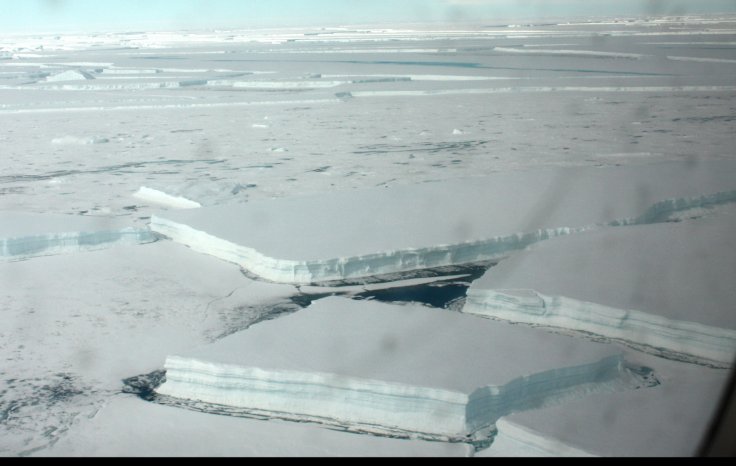
A new study led by Eric Rignot from the University of California at Irvine has found that the ice sheets in Antarctica are melting rapidly over the past four decades. As per the study report, the melting of ice in the Antarctican continent has increased by more than 280 percent in the past four decades.
The study report also added that the ice melting rate is not at all consistent, and is increasing in every decade. In the study report, researchers noted that ice loss in Antarctica has increased from 40 gigatonnes per year from 1979-90. However, 252 gigatonnes of ice melted from 2009 to 2017, an increase by six-fold.
The research report published in the journal Proceedings of the National Academy of Sciences revealed that this rapid ice melting in Antarctica could result in an increase in sea level rise of more than 188 feet.
During the study, researchers analyzed 176 different basins around Antarctica where ice drains into the ocean and found that the ice in these areas is getting melted drastically.
"Antarctica is melting away, not just in a couple of places. I did not expect the cumulative contribution of East Antarctica melt to be so large... Melting is taking place in the most vulnerable parts of Antarctica, parts that hold the potential for multiple meters of sea level rise in the coming century or two," Eric Rignolt told the CNN.
A few days back, another study conducted by researchers from China and the United States has found that the oceans all around the world are warming rapidly than previously speculated. The researchers also warned that this trend could drastically affect marine life.
"The ocean is the memory of climate change, along with melted ice, and 93 percent of the Earth's energy imbalance ends up in the ocean. Global warming is close to ocean warming, and 2018 will be the warmest year on record, followed by 2017, then 2015. Global warming is rearing its head," said Kevin Trenberth, a scientist at the US National Center for Atmospheric Research.









